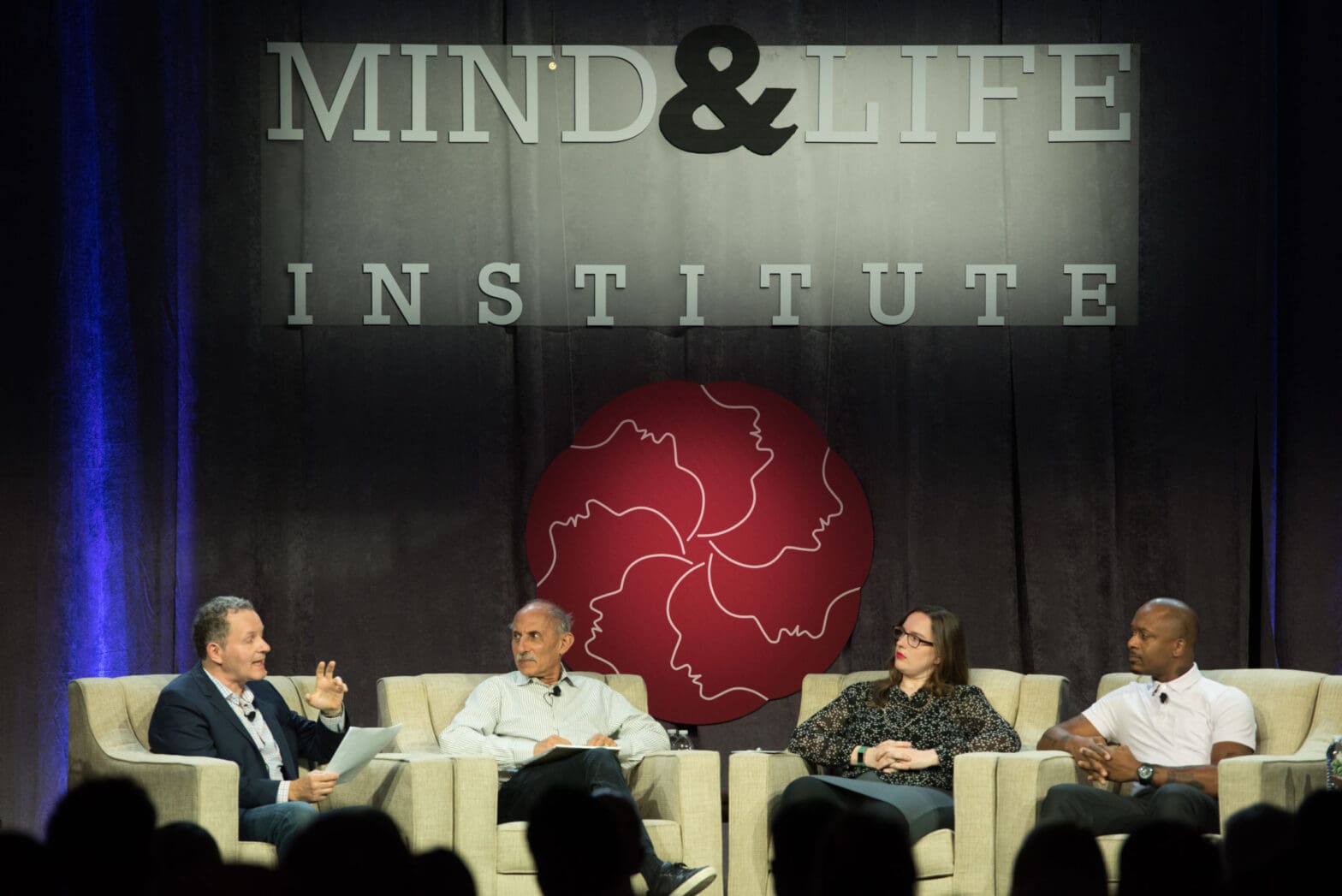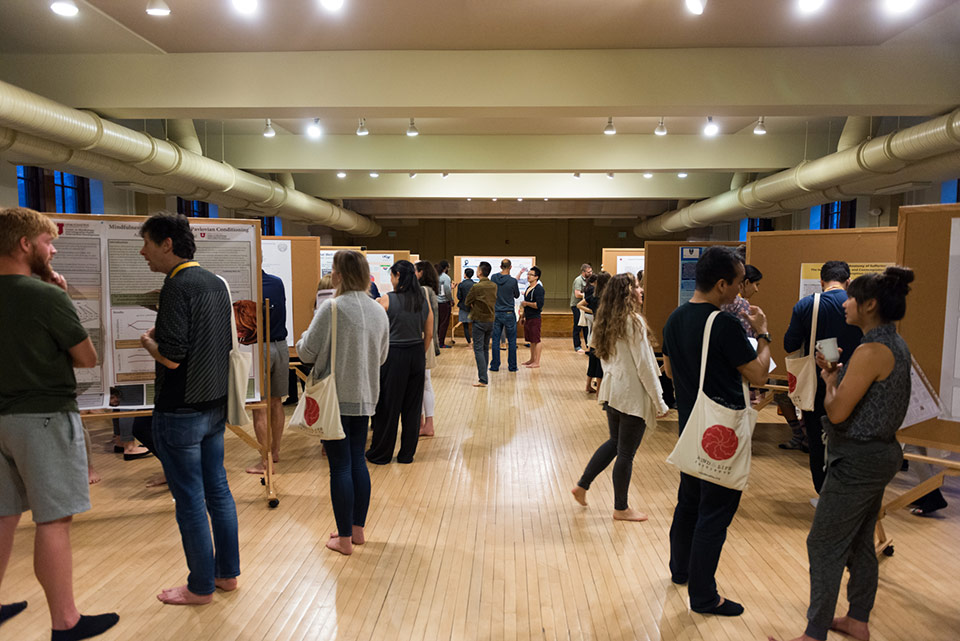This master lecture roundtable panel brings together eminent scholars in the field to explore the very idea of Contemplative Studies and its future. Panelists will explore critical questions and probe the importance of collaborative research processes that involve first, second and third-person perspectives and span the disciplines. They will explore questions such as: What is …
Topic Archives:
2018 International Symposium for Contemplative Research
The Mind & Life International Symposium for Contemplative Research (ISCR) is the flagship conference for interdisciplinary investigations of the mind, meditation, and other contemplative practices. We are teachers, researchers, scientists and scholars. We are activists, politicians and business leaders. We are parents, students, social workers and first responders. We are instructors, writers, filmmakers and philosophers. We are all change-makers.
Ecologies of Mind in Health and Illness: A Perspective from Cultural Psychiatry
Mental afflictions challenge people everywhere in the world and every tradition has methods for alleviating mental suffering. Cultural psychiatry explores the impact of diverse social histories, cultures, and contexts on mental health and illness. A growing literature demonstrates the role of culture in shaping illness onset, experience, coping, healing, and recovery. Recent work in cognitive …
Continue reading “Ecologies of Mind in Health and Illness: A Perspective from Cultural Psychiatry”
Embodiment: Biocultural Dynamics in Pathways to Differential Well-Being
A focus on cultural ecology—how human actions or practices shape the physical, social, and mental landscapes in which we grow up and live—permits one to track the biocultural dynamics through which culture gets “under the skin.” Such embodiment is driven by adaptive context-expectant features of human development and biology that operate through experience-contingent, epigenetic, time-sensitive, …
Continue reading “Embodiment: Biocultural Dynamics in Pathways to Differential Well-Being”
On the Placebo Effect and Its Implications for the Science of Mindfulness
This session will present recent studies on the placebo effect as critical points of reference for understanding the “context” of mindfulness. I will focus on numerous “non-specific” mechanisms that have been evaluated in studies of the placebo effect, including the therapeutic effects of relationship, expectation, hope, surprise, and embodiment. I will draw from published studies …
Continue reading “On the Placebo Effect and Its Implications for the Science of Mindfulness”
Community Engagement and Contemplative Neuroscience within a Diverse Contemplative Community
By 2044, more than half of the US population will belong to a racial or ethnic minority group, and health disparities exist between minority groups and the general population for many health conditions. Diverse contemplative sanghas are emerging that serve underrepresented populations to support social action, multiculturalism, and safe social spaces to address effects of …
You Are Always on My Mind
During the last decade, much of social neuroscience has gone anti-solipsistic. That is, research is discovering how we, with our minds and bodies, are deeply connected to others, and that this may be seen in patterns of brain activity and other physiological signals. Be that in terms of action representations, markers of empathy, signs of …
Taxonomies, Lifeworlds, and Self-cultivation: Contemplative Practices in Multiple Contexts
What it means for contemplative practices to work—and what work such practices do—is different in diverse cultural contexts. This is something often obscured by scientific studies that see contemplative practices primarily in terms of brain-states. In these models, an individual performs a certain practice and, if done properly, a certain internal mental state arises. I …
Cognitive Ecology: Implications for Contemplative Science
In this lecture, I argue that the embodied sociocultural setting of contemplative practices should not be thought of as the outer context for contemplative mental processes conceived of as being in the head. Rather, context is constitutive: the embodied sociocultural setting isn’t outside of the primary cognitive phenomena; it’s part of them. Contemplative neuroscience is …
Continue reading “Cognitive Ecology: Implications for Contemplative Science”
2016 Summer Research Institute
The 2016 Mind and Life Summer Research Institute (MLSRI) will be devoted to the theme of context, and its relevance for basic mental processes as well as effects of contemplative practices. Findings from the cognitive and social sciences, humanities, and philosophy increasingly suggest that context shapes mind in fundamental ways. With regard to contemplative studies, practices that were once embedded within traditional religious cultures are now being widely disseminated across a variety of globalized, largely secular settings. Contextual factors impact the very course and outcome of these practices, and if not carefully considered, even well-intended efforts can lead to unsatisfactory or incomplete results.




